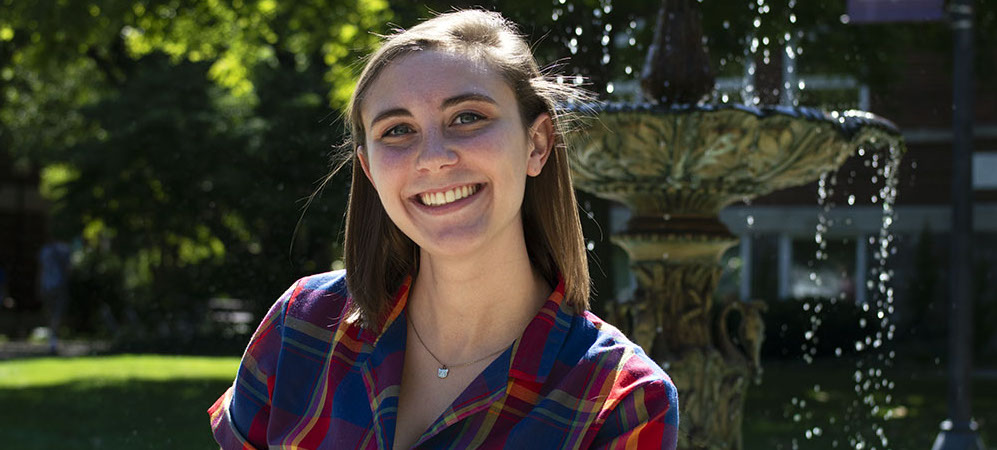Journalism is separating yourself from the opinions from others.
Journalism is separating your own opinions from your work.Journalism is objective.
Journalism is unbiased.
Journalism isn’t telling the reader how to think; it’s giving the reader something to think about.
“I read the news,” says a hypothetical person based on many, very real people. “I know journalism. I have opinions on journalism.”
OK, great.
Having opinions is great. Your opinions are valid. Your opinions are relevant to your place in life. We’ll even operate under the assumption your opinions are unique and interesting. We want to hear your opinions, and, if you write them down, we can run them on the Perspectives page of this very publication.
But see, that’s the thing. It’s just one perspective of many.
As executive editor, I am so lucky that every week, over a dozen articles get sent my way. I assign them. I read them. I remove Oxford commas. I think critically about their content and, more often than not, I learn. And I get to share them with you, the reader: consumer of media and haver of opinions.
Journalists or not, how often are we conscious of the space we take up and how our opinion rests in a room?
The way I see it, there are so many opinions that can supplement or challenge mine, and I would rather listen to these than worry about how I can fit my experiences into someone else’s narrative.
Sometimes journalism doesn’t feel good. Stories can hurt. Opinions can hurt.
But will I not report on something because it feels bad? Will I not write something just because I don’t agree with the matter at hand? Will I not publish something because it makes me uncomfortable?
No. My opinion isn’t the only one in the room. In fact, as a journalist, my opinion could not be less important.
I report on facts. Sometimes (more often than not; facts can be pretty boring) those facts involve other people’s opinions. My notebook is full of frantic scribbles from convocations; the voice memos app on my phone is full of interviews so that I can publish the opinions other people on this campus have.
Journalists spend a lot of time thinking. What are the facts in each article? Where might my own bias show? How does this content promote an unintentional bias of the publication or the institution as a whole?
Journalists, myself included, are here to learn. We have that in common with our readers — at least I assume that’s what you’re hoping to get out of your college education. But here, you don’t have to do all the dirty work. We, as the Record, do it for you. We gather information — facts, opinions and everything in between.
So if you disagree with something you read and want to come after us journalists, fine. That’s your opinion.
As editor, I’m tasked with deciding what you get to read, a big job but one that is currently so necessary. Also as editor, this column is my space to finally have an opinion.
Journalism isn’t easy.
And that’s my opinion.




